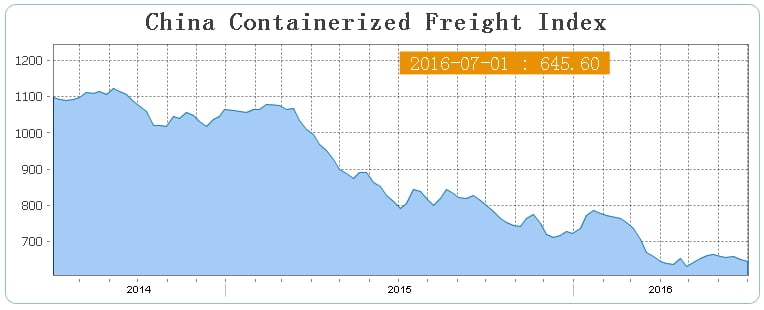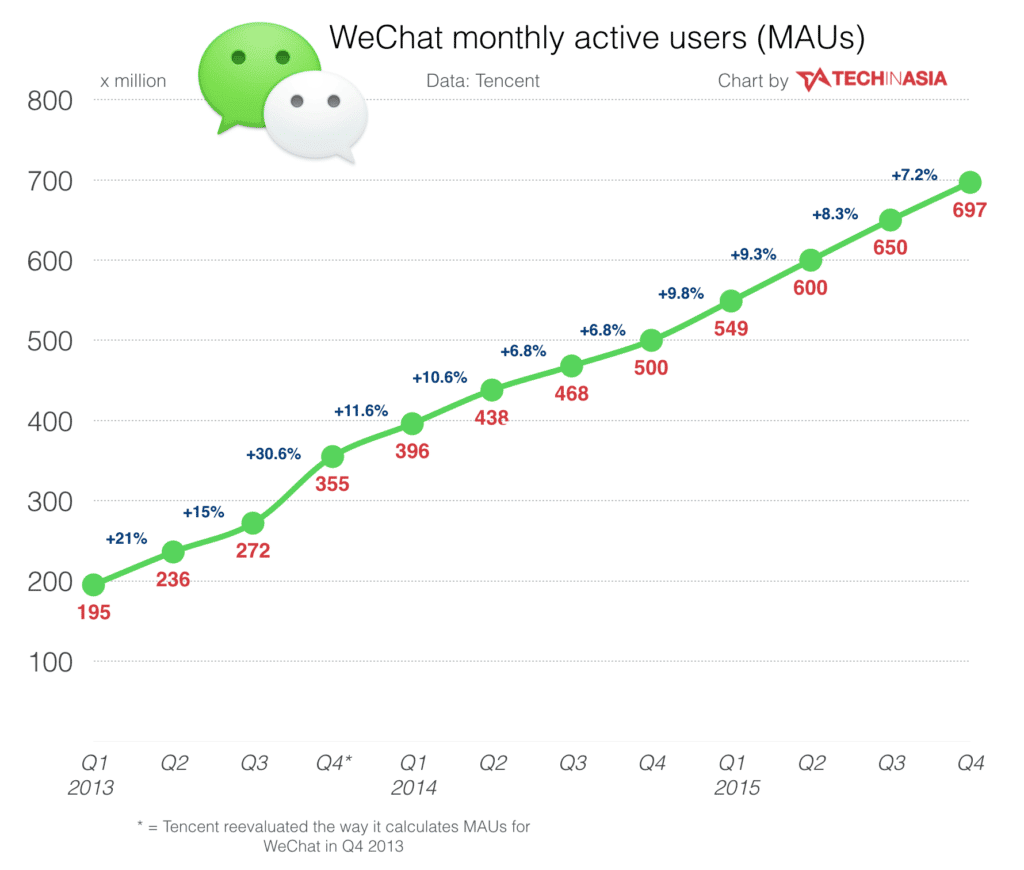Top 5 Importing News Stories, Changes, & Developments From the Last 12 Months
What have been the biggest changes and developments within the world of Importing in the last 12 months?
It should be no surprise that two of the most polarizing companies and politicians in the world, Amazon and Donald Trump, make this list as it seems they do with nearly any list that has to do with nearly anything. Aside from Amazon and Donald Trump though, plenty else has happened including nose diving ocean freight rates, a slowing Chinese economy, and significant changes in importing laws in the United States.
This article was put together as a contribution for the fantastic Podcast and Forum, eCommerceFuel (a vetted community of 6 figure+ ecommmerce store owners).
China Growth Slowing and the Consequences
Chinese exports have been slowing in the last couple of years (and subsequently the Chinese economy as a whole) and it has had several consequences for importers.
The first major effects were felt in August 2015, when the People's Bank of China allowed the Yuan to devalue almost 2%. This had a lot of consequences, but hopefully for importers it resulted in lower prices (although you were probably met with a host of reasons for inability to lower prices like rising labor costs).
The slowing Chinese economy, along with other macro level events, also had an effect on many material prices, specifically oil but also other resource price drops. If the Yuan devaluation didn't get you those lower prices, hopefully lower material prices did!
No matter your negotiation skills though, one of the areas that even the most hopeless haggler saw lower costs would have been sea freight rates which have been plummeting. The price to ship via sea has been dropping drastically. The cost of shipping a 40′ container from China has dropped nearly 50% since 2014.

Amazon Freight Forwarding and Private Labeling
What would any online article be without some mention of Amazon?
Amazon continues to progress on its transition from the Everything Store to, well, Everything. Earlier this year Amazon registered to be a international ocean freight forwarder. One can only speculate this is to help move goods cheaper and quicker from China (and other countries) to its domestic markets. Sales from Chinese merchants doubled in 2015 and Amazon has explicitly stated that one of their goals is to help Chinese merchants create brands for global consumers (re: Amazon consumers). In other words, they want to move to a more direct distribution model of Chinese Supplier -> Amazon -> Consumer, effectively cutting out private labelers (unless of course that private labeler is Amazon themselves).
Small Shipments Under $800 now Duty Free and Tax Free to the U.S.
In March of this year, the United States implemented the Customs Reauthorization Bill. The bill enacted many things but possibly of most interest to importers was the fact that individuals and businesses can, each day, now import up to $800 to the United States duty free and without a formal entry. This is up from the previous amount of $200. This applies for both personal and commercial use. This $800 threshold is of course far too small for many shipments, but it does actually bring many small trial orders within range. For international retailers selling higher ticket items direct to American consumers it also makes it easier to ship to the U.S. without the fear of an angry consumer on the other end hit with a high tax and duties charges.
Is Globalism & Free Trade No Longer Hip? Trump and Britain Would Say So At Least
Globalism used to be all the rage, but in recent months at least two seismic events have made put the question of free trade and a borderless world into question. First was Donald Trump's GOP nomination. Trump wants to build walls both literally and figuratively. He would effectively raise duty rates for Chinese importers by declaring China a currency manipulator and he's been on record as saying NAFTA “destroyed America”.
Voters in America have yet to vote for approval for Trump's views, but in Britain they firmly said no, if not to globalism, then at least to Europeanism. Was Britain merely saying they were opposed to bowing to Brussels and not necessarily opposed to globalism and free trade? Time will tell.
We Need to Have a Chat About Messaging Apps
You're not really still writing emails to your Suppliers are you?

While WhatsApp is still the dominant messaging app in North America, in China it's all about WeChat. WeChat has been around since 2011 so it's by new means a new development. But its pervasiveness in China (WeChat has grown from 194 million users in 2013 to over 762 million users today, most of whom are Chinese) and its increasing popularity as the preferred form of communication by Chinese companies is new. The only time Chinese email nowadays is when communicating with their dinosaur foreign buyers!
I actually hate instant messaging for everything but one-off requests/comments (but then again, I still have a non-touch screen laptop and a gas fueled car). However, in 2016, Chinese Suppliers love it, especially their sales teams which are normally dominated by young, freshly graduated students. While you may often find yourself getting into hours long messaging sessions with your Suppliers (the very same ones you get sucked into when texting with your mother) miscommunication and mistakes are less frequent, responses are more rapid, and nothing builds a bond with your Supplier like sending a well timed sticker.
Conclusion
Importing was around well before Alibaba (just ask Marco Polo) so new developments aren't as rampant in our industry as in cutting edge industry like ride sharing apps. But changes do occur, albeit often at government and macro-economic levels.
Did I miss anything in terms of new developments in the world of importing in the last 12 months or so? If so, comment below.




So is it safe to say that private labeling will be obsolete within the next 5 years ?
Since amazon’s mission is to cut us out of the game and deal directly with the manufacturer as you stated ?